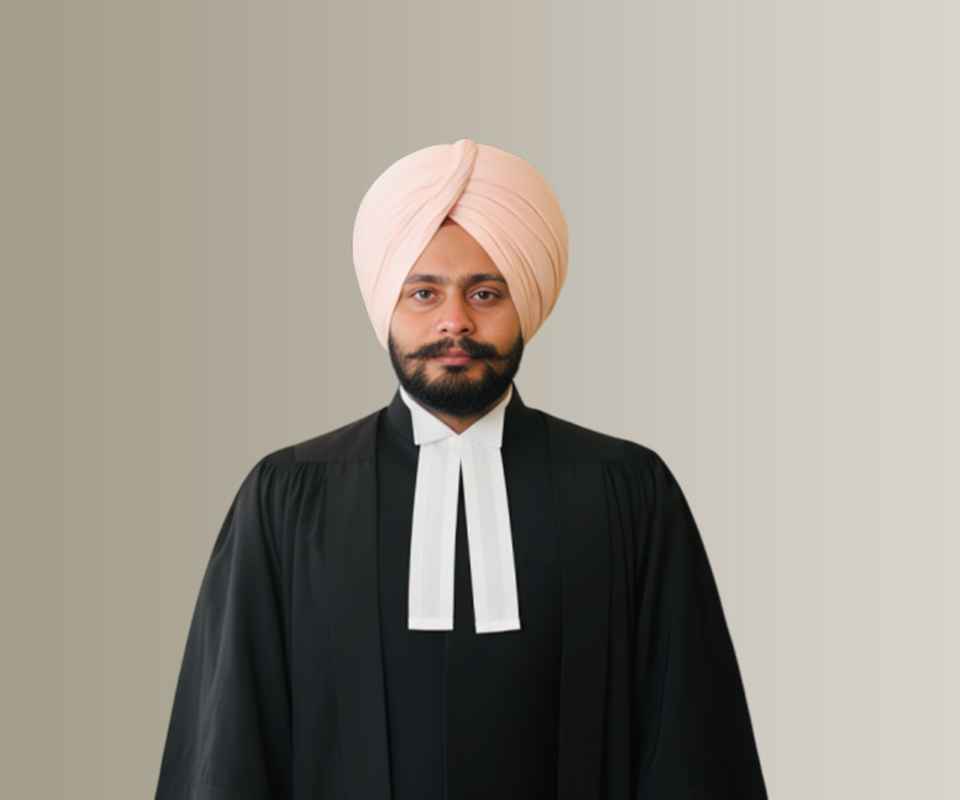Answer By law4u team
Section 498A of the Indian Penal Code (IPC) addresses the issue of cruelty by the husband or his relatives towards the wife, including dowry harassment. This provision was introduced to protect women from abusive marriages and domestic violence. However, it has often been misused by some individuals in cases of marital discord, especially during divorce proceedings. A false 498A case can have serious consequences for the accused, including arrest and social stigma, even before the case is proven false.
In cases where a wife files false allegations of dowry harassment or cruelty under 498A, it is important for the accused husband to know his rights and the legal recourse available to protect himself against such misuse.
Measures to Handle False 498A Allegations:
- Filing a Quashing Petition: If the 498A case seems false or malicious, the accused husband can approach the High Court for quashing the FIR. This petition requests the court to dismiss the case if there’s no merit or evidence to support the allegations.
- Appeal for Bail: In cases where the husband is arrested, he can apply for anticipatory bail or regular bail. This allows the accused to stay out of jail during the investigation and trial.
- Defamation Suit: If a false case is filed with malicious intent, the husband can file a defamation suit against the wife for damage to reputation.
- Gathering Evidence: Collecting solid evidence such as phone recordings, messages, emails, and testimonies from family members or witnesses can help disprove false claims of cruelty or dowry harassment.
- Legal Counsel and Representation: It’s crucial for the accused to hire a competent criminal lawyer who specializes in matrimonial disputes and 498A cases to ensure proper representation in court.
- False Complaint Under IPC Section 182: If it’s proven that the wife knowingly filed a false 498A complaint, the husband can file a case under Section 182 of the IPC for false information and the wife could face legal consequences.
Common Threats in False 498A Cases:
- Immediate Arrest: Section 498A is a non-bailable offense, meaning the accused can be arrested without a warrant. This can lead to unwarranted social and emotional harm to the husband and his family.
- Social Stigma: Even if the allegations are false, the accused may suffer severe reputational damage, as the mere accusation of dowry harassment or cruelty can tarnish one’s image in society.
- Emotional and Financial Stress: The prolonged legal battle, mental stress, and financial burden of defending oneself against a false case can take a toll on the husband’s well-being.
- Misuse of Legal Provisions: The misuse of Section 498A for personal or revenge motives can complicate the legal process and delay the genuine cases of dowry harassment from being addressed promptly.
Legal Protections for the Husband:
- Constitutional Protection Against False Cases: Article 21 of the Indian Constitution guarantees the right to life and personal liberty. If the 498A case is baseless or false, the husband has the right to defend his dignity and personal freedom.
- Protection from Arrest Under Section 41A: Under the Criminal Procedure Code (CrPC) Section 41A, an arrest is not mandatory for non-cognizable offenses, and the accused husband can challenge the arrest if there is no substantial proof to back the allegations.
- Section 182 of IPC - False Information: If the wife is found to have filed false allegations, the husband can file a case under Section 182 of IPC, which can lead to her prosecution.
Consumer Actions (Husband's Actions in Case of False Allegations):
- Contact a Lawyer: Hire a lawyer who specializes in family and criminal law to guide the husband through the process and file the necessary petitions and counteractions.
- Gather Evidence of Falsehood: Collect any evidence or witnesses that can demonstrate the allegations are false. This might include social media posts, text messages, or audio/video evidence.
- File a Counter Complaint: If the wife’s actions are malicious, the husband can file a counter-complaint under Section 182 IPC for making false claims with the intent to harm his reputation.
- Apply for Anticipatory Bail: To prevent arrest, the husband should apply for anticipatory bail if there is a real threat of arrest due to a false case.
- Request Mediation: If both parties are willing, the husband can ask for a court-mandated mediation to resolve the matter amicably and prevent unnecessary legal battles.
Consumer Safety Tips (For Husbands Facing False Allegations):
- Document Everything: Keep a record of all interactions with the wife, including conversations, emails, and messages that may be relevant to the case.
- Avoid Confrontation: Avoid confrontations that could escalate the situation. Instead, seek legal help for a proper resolution.
- Stay Calm and Composed: It's important to stay level-headed and not to react impulsively. Panicking can complicate the situation further.
- Use Technology Wisely: Use technology, such as recording conversations or keeping digital evidence, where legally permissible, to protect oneself from false claims.
- Be Honest and Transparent: Be open and honest with your lawyer about all facts related to the case. Full transparency will help in building a strong defense.
Example:
Scenario: Rajesh is going through a divorce with his wife, Neelam. During the proceedings, Neelam files a false 498A case, accusing Rajesh and his family of dowry harassment and cruelty. Rajesh is shocked by the accusations, as they are completely false and made in an attempt to gain an advantage in the divorce.
Steps Rajesh Should Take:
- Hire a Lawyer: Rajesh immediately consults a family law expert to understand his legal options and how to defend himself against the false charges.
- Apply for Bail: To avoid arrest, Rajesh applies for anticipatory bail in case the police decide to arrest him under Section 498A.
- Gather Evidence: Rajesh collects evidence of his communication with Neelam, including texts and emails, which show there was no harassment or cruelty.
- File a Quashing Petition: Rajesh files a petition in the High Court to quash the false case on the grounds of baseless allegations.
- File Defamation Case: Rajesh also files a defamation suit against Neelam for tarnishing his reputation and causing harm to his social standing.
By following these steps, Rajesh can defend himself against the false 498A accusations, protect his reputation, and ensure justice is served.







